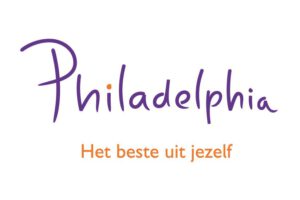In 2016, the Dutch care provision organisation known as Philadelphia Zorg launched a long-term social robotics programme. The aim was to investigate how robots can provide added value in the support to people with learning disabilities. The ultimate goal is to foster self-reliance in the clients and enable them to get the best out of themselves. Obviously the support needs vary from client to client. The programme began with a Pepper robot named Phi. Every month, Phi lodges for a fortnight in the home of a different client, serving as a means of emotional release and helping with tasks such as maintaining a structured daily rhythm. Initial results have been promising, with the robots effectively enabling people
to exert more self-direction in their lives. They provide stimuli such as reminding them, without intervention from a care provider, about things they need to do. Robots are non-judgmental, and clients determine for themselves what the social value of a robot will be. Robots can also take over routine tasks from care providers, thus creating more room for personal attention.
